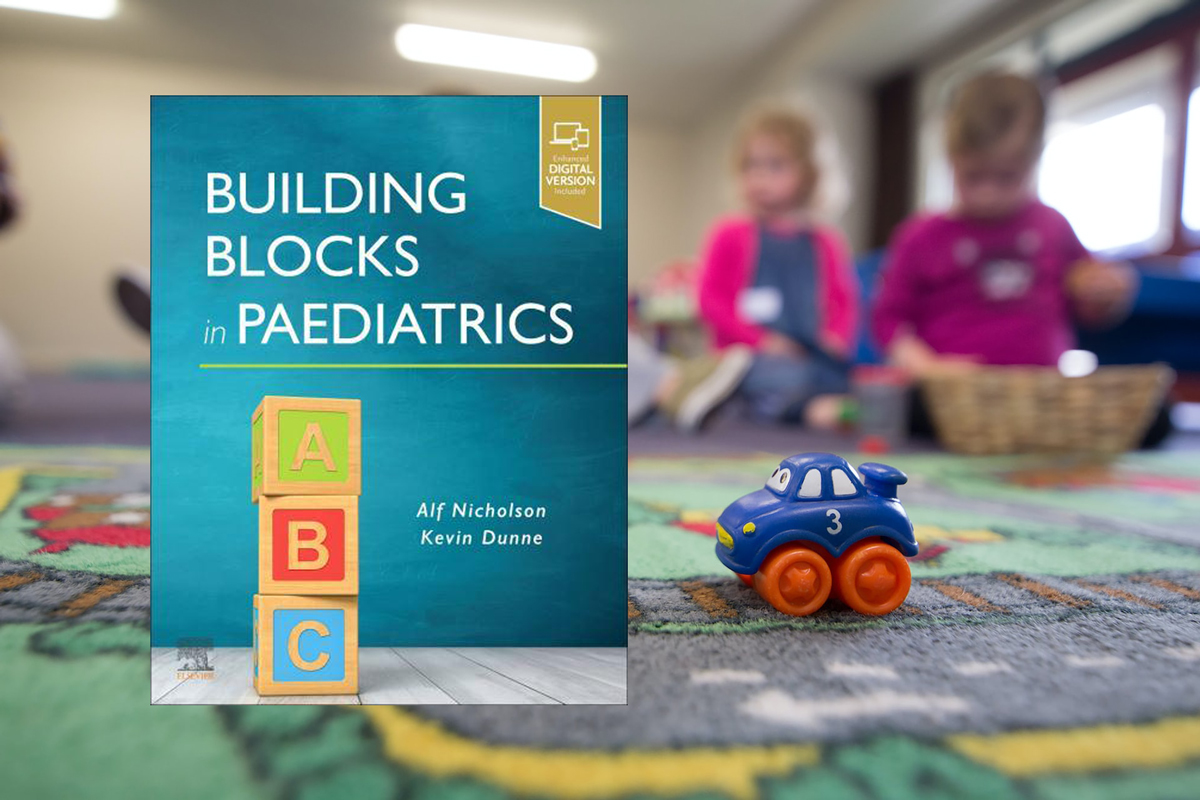 David Misselbrook is a retired GP.
David Misselbrook is a retired GP.
There are many difficulties to being a GP, but the old saying is true — it’s great to actually see patients and to practice medicine.
One of the reasons I became a GP was that I loved medicine and I loved seeing patients, but I hated the depersonalisation of patients that happened in hospitals. But having found my niche as a GP I then made another discovery; that there was a brick wall between general practice and hospital medicine.
The brick wall got higher over my professional lifetime. It became more difficult to talk to consultant colleagues — indeed I gradually seemed to know fewer of them personally. Then — the coup de grâce — GPs were no longer allowed to park in the consultant’s car park (remember the days when doctors could park in hospitals for free?) So we rarely attended clinical meetings together.
Perhaps the brick wall was at its lowest in the care of children. It’s not only that so much of our work is with kids and that sometimes the stakes are high, there is also a lot of shared ethos between GPs and general paediatrics. So — here’s a crazy idea — wouldn’t it be great if we could learn at the grass roots level together?
“[The book] builds a bridge between the everyday presentation of undifferentiated childrens’ problems and the core of paediatric medicine.”
Building Blocks in Paediatrics does exactly that, edited by two terrific and very down-to-earth paediatricians with contributions from one and all, including GPs. It builds bridges. It builds a bridge between the everyday presentation of undifferentiated childrens’ problems and the core of paediatric medicine. But it also builds bridges between doctors working in primary and secondary care, establishing a shared body of knowledge and practice.
It is a book written by clinicians, for clinicians. It is in a large softcover format, divided into four sections. First, ‘Core essentials’ gives the big picture, covering history and examination, the newborn, feeding issues, growth, puberty and adolescence. Second, ‘Symptom-based approach’ covers all common presenting problems, from earache to evaluating the dysmorphic child and so much in between. Third, ‘Paediatrics in everyday practice’ deals with issues such as ‘frequent flyers in the toddler years’ and adolescent health. The book has general practice written all over it.
The final section takes a step back and looks at rational investigation, issues of professionalism, learning from clinical events, ethics in child health, and critical appraisal of the literature. This section covers clinical reasoning, information overload, and diagnostic uncertainty, demonstrating a grounding in everyday clinical practice.
It is a very approachable book and immensely practical. It is well laid out and well illustrated, easy to read and comprehensive enough for the GP or the general paediatrician. The book is full of experience and wisdom and will resonate hugely with GPs. It is absolute gold dust for doctors in the training grades, both in general practice and paediatrics. But having practiced as a GP for 30 years I still found so much that broadened my knowledge and deepened my understanding. (Trainees, and perhaps even the occasional more senior doctor, will appreciate the eBook version that comes free with the hard copy book itself, and which can be downloaded to any device.)
This book will not only help you to look after children’s health needs, it will help you to develop as a better and more thoughtful doctor. Yes, it will be great for trainees, but if I were still in practice I would be giving it a prominent place in my own PDP.
Competing interest
David Misselbrook reports knowing the editors personally as colleagues and friends. Misselbrook contributed to the chapter on professionalism and ethics in child health.
Featured book: Alfred Nicholson, Kevin Dunne, Building Blocks in Paediatrics, Elsevier, 2022, PB, 420pp, £41.31, 978-0323834216
Featured photo by BBC Creative on Unsplash.






